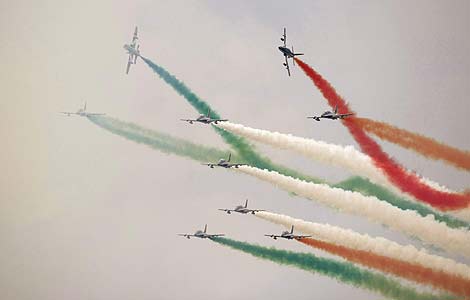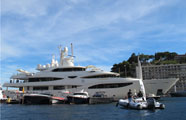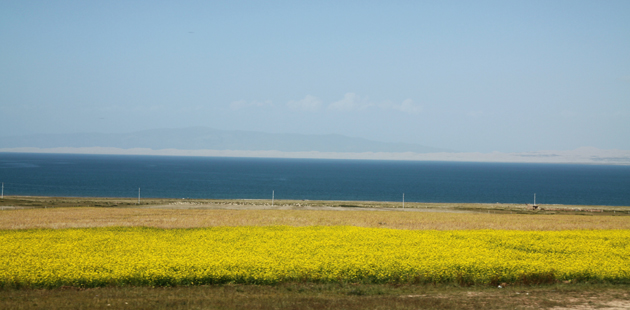Saleh's speech not to end Yemen crisis
Updated: 2011-09-26 09:17
(Xinhua)
|
|||||||||||
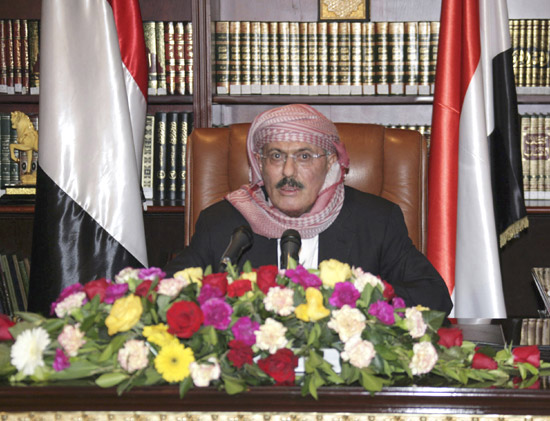 |
|
Yemen's President Ali Abdullah Saleh delivers a televised speech in Sanaa September 25, 2011. [Photo/Agencies] |
SANAA - Yemeni President Ali Abdullah Saleh delivered on Sunday his first speech since his return from Saudi Arabia. However, local analysts said the speech had nothing new and that the president's return might not end the crisis in the country.
During the speech, Saleh promised to hold presidential, parliamentary elections in the country once a peace deal is reached between his government and the opposition, under the supervision of the GCC deal.
He also mentioned that "if the opposition agrees, we are ready to compete in early presidential, parliamentary elections ... but if the opposition doesn't, then we reiterate that we are still committed to the GCC deal."
The spokeswoman of the opposition national council, Houria Mash 'hour described Saleh's speech as "deadly boring", according to the opposition media.
"The president did not reveal his real intentions, hence, none can affirm whether his return will lift the country out of crisis. " Abdul Ghani al-Maweri, a local political analyst and famous writer told Xinhua.
In his speech, Saleh also accused the opposition of conspiring and backing illegal groups such as al-Qaida. However, he reaffirmed that the authorization of Vice President Abd-Rabbu Mansour Hadi to hold dialogue with the opposition to sign and implement the GCC power transition deal remains valid.
"In his speech, Saleh has just thrown the ball into his deputy' s fields," said Abdul Raqeeb al-Hathyani, a political analyst in Aden.
"Saleh arrived in Yemen's southern city port of Aden at first, and then flew to capital Sanaa by a helicopter," said Abdul Raqeeb, "his return was not normal, I think this would not help return the situation normal."
After three months of treatment and convalescing in Saudi Arabia, Saleh returned to the country Friday and his arrival coincided with heavy battles between pro and anti-government forces in downtown Sanaa.
The experts argued the battles, which come after eight months of protest to call for the ouster of Saleh, can't be described as a civil war rather than clashes between military forces with old vengeance.
"What is happening in Sanaa is neither civil war nor real military confrontations, because the battles have not expanded" al- Maweri said.
"Each side has its own plans, and the clashes come within mutual intentions to improve or to thwart the youth-led popular protests," said Fuad al-Salahi, a political sociology professor at Sanaa University.
"If the clashes expand and transcend Sanaa into other cities, Yemen will definitely fall in a civil war and to be another war- torn country like Somalia," he continued. "In such case, we are very similar to Somalia due to the absence of state and basic services".
Hot Topics
Libya conflict, Gaddafi, Oil spill, Palace Museum scandal, Inflation, Japan's new PM, Trapped miners, Mooncake tax, Weekly photos, Hurricane Irene
Editor's Picks
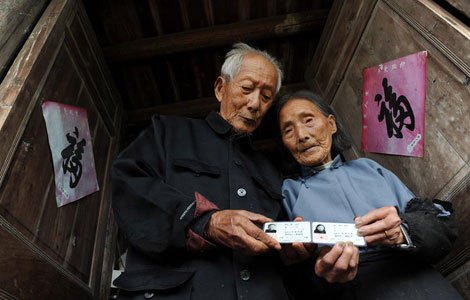
|
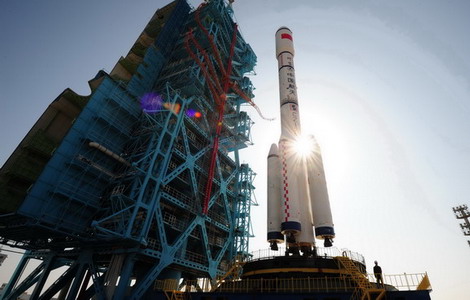
|
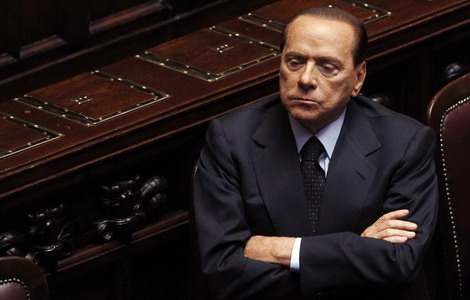
|
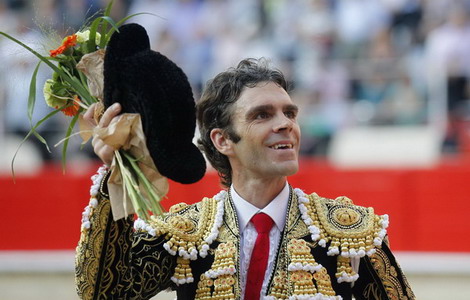
|

|

|


